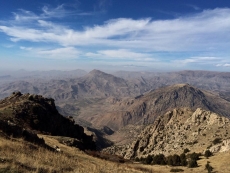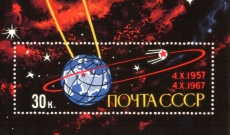The CPD Blog is intended to stimulate dialog among scholars and practitioners from around the world in the public diplomacy sphere. The opinions represented here are the authors' own and do not necessarily reflect CPD's views. For blogger guidelines, click here.

Will Kolinda Grabar Kitarovic, NATO's first female Assistant Secretary General nab Croatia's top position?
![Christmas Truce 1914 by Robson Harold B [Public domain], via Wikimedia Commons Christmas Truce 1914](https://uscpublicdiplomacy.org/sites/default/files/styles/blog-listing-230x140/public/uploads/Christmas_Truce_1914_0_0.png?itok=6yRark5H)
The mutual recognition of common humanity and the act of listening can help bridge even the deepest cultural differences.

Is India taking full advantage of yoga's soft power potential?

Syuzanna Petrosyan on Armenia's untapped potential as an eco-tourism destination.

Never mind the economic sanctions, here's the Russian twerkers.

Falk Hartig gives the rundown on the 9th Annual Confucius Institute Conference from Xiamen.
A look back at Madiba's diplomatic legacy, from Sohaela Amiri.

Stanislav Budnitsky on Russia's latest move in the "information race."
Pages
Visit CPD's Online Library
Explore CPD's vast online database featuring the latest books, articles, speeches and information on international organizations dedicated to public diplomacy.
POPULAR ARTICLES
-
January 29
-
January 20
-
January 28
-
January 2
-
January 8
Featured Blogger
Join the Conversation
Interested in contributing to the CPD Blog? We welcome your posts. Read our guidelines and find out how you can submit blogs and photo essays >.








